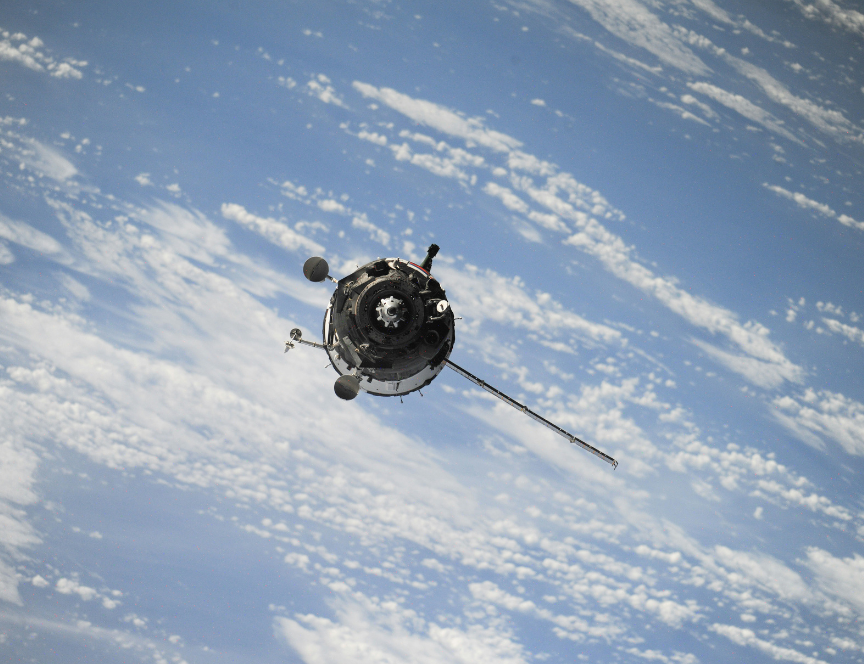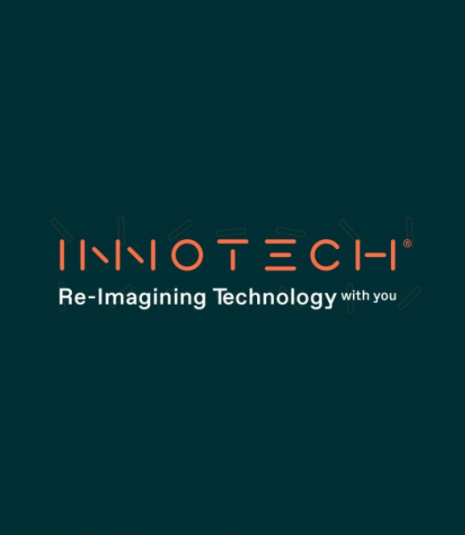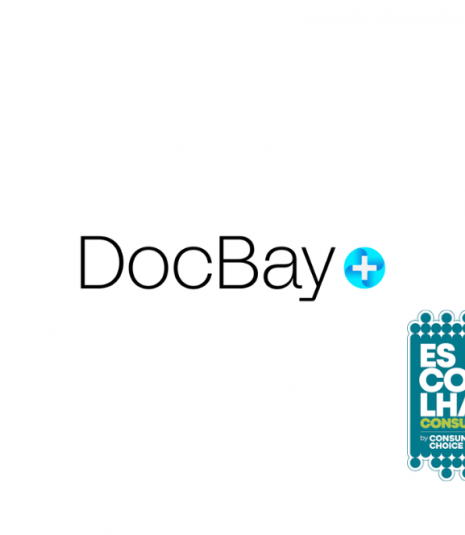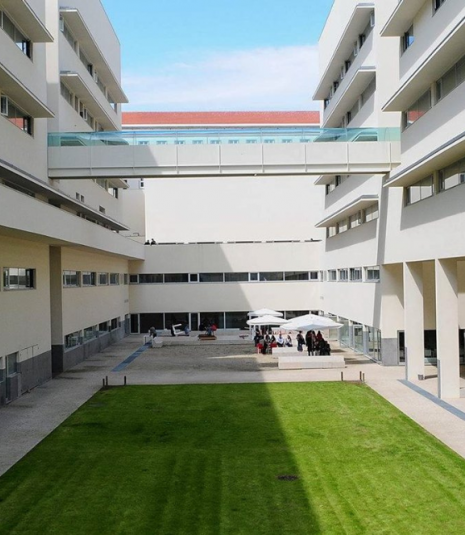Porto startup wins European contract to create “airbag” that rescues satellites
SPACEO is leading the international consortium chosen by the European Space Agency (ESA) to launch the SWIFT project, aiming to develop technology for collecting end-of-mission satellites and space debris

With space becoming increasingly congested with debris and defunct end-of-mission satellites, Porto-based startup SPACEO found room for developing solutions to keep space clean and removing satellites after the end of their operational life. Incubated at UPTEC Mar, SPACEO leads the international consortium that recently won the European Space Agency (ESA) contract to develop technology for collecting end-of-mission satellites and space debris.
The consortium will use the three million euros budget to implement SWIFT (Spacecraft With Inflatable Termination), a project that will test an inflatable drag sail in space by 2028, designed to swiftly deorbit its host satellite after its mission is complete. In an official statement, SPACEO said that this technology will be developed in order "to become the standard equipment on board all satellites to be launched in the future."
"Currently, satellites complete their mission and remain in the Earth's orbit for decades, aggravating the problem of space debris,” says João Pedro Loureiro, founder of SPACEO, adding that the company's technology "will allow satellites to be disintegrated in a controlled manner in the future - once they are obsolete, they begin a downward trajectory that will cause them to glow and disintegrate - helping to reduce space debris.”
"Although it was initially conceived for small satellites, SWIFT's design is scalable and can be adapted for larger satellites,” says Pedro Miguel Carneiro, co-founder of SPACEO. The company will lead both phases of the project: the ground development phase and the orbital launch and experimentation phase. "When everything is completed in 2028, it is very likely that SWIFT will be launched in the United States by SpaceX,” says João Pedro Loureiro.
SWIFT will be one of the first Portuguese space systems in action in orbit since the national industry made its debut with PoSAT-1 in 1993.
In order to mitigate the problem of the around 9,900 defunct satellites flying around the Earth, new regulations are beginning to emerge that aim to reduce the period necessary to remove them from orbit. Currently, this process can take several decades, but these regulations intend to reduce this period to five years. "If this happens, it's possible that the total time it takes to collect inactive satellites will be greatly reduced around the world,” says João Pedro Loureiro, arguing that, "if SPACEO manages to make its technology the standard in the industry, all future satellites will be able to integrate SWIFT, ensuring that they leave space safely at the end of their lifespan.’
"SWIFT is an excellent example of how national innovation can play a key role in the sustainability of space operations,” highlighted Ricardo Conde, president of the Portugal Space, the Portuguese Space Agency. "Projects like this strengthen Portugal's position in the aerospace sector and demonstrate our ability to contribute to a safer space,” said Conde.
The consortium led by SPACEO includes three other European companies: Luxembourg's GomSpace, France's SpaceLocker, and the Netherlands' SolidFlow.




